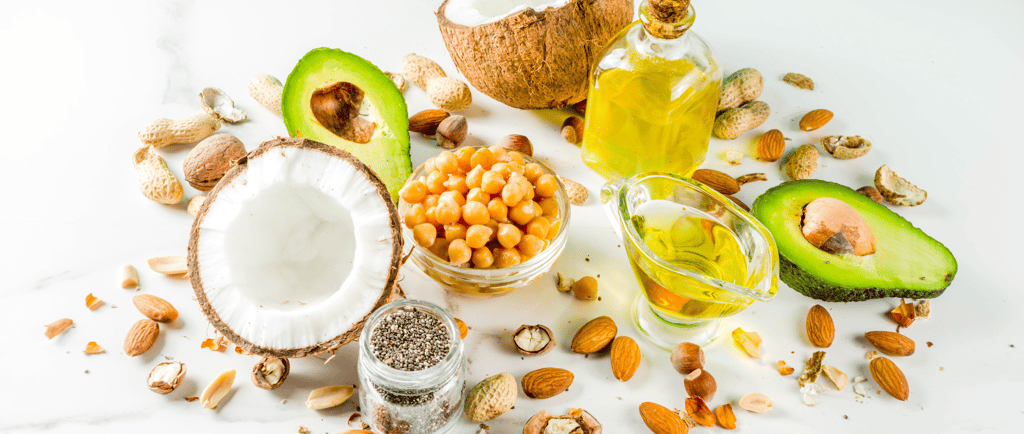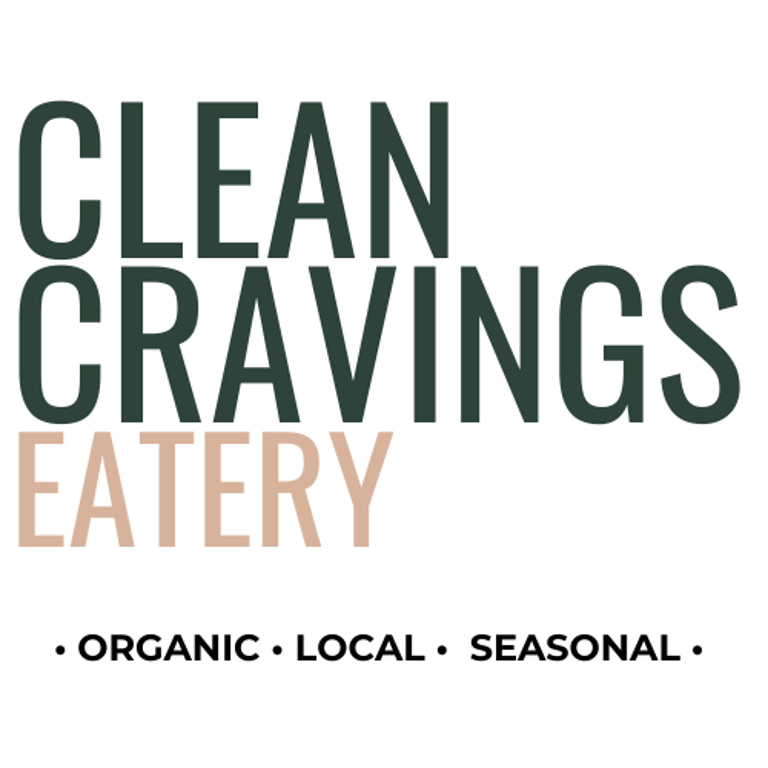The Pros and Cons of Seed Oils for Your Health
Seed oil has become increasingly popular in recent years due to its perceived health benefits, but there are some concerns surrounding its use. Seed oils are often marketed as healthy alternatives to other oils, but many health experts are starting to raise concerns about their potential negative impacts on our bodies.
Ingrid
11/10/20232 min read


In recent years, seed oils have gained popularity due to their perceived health benefits. However, there are concerns regarding their potential negative impact on our bodies. While marketed as healthy alternatives to other oils, many health experts are starting to raise concerns about the usage of seed oils. Here's why:
Highly processed: Seed oils are often highly processed, using chemical solvents that can leave behind harmful residues in the oil.
High in omega-6 fatty acids: Seed oils are often high in omega-6 fatty acids, which can lead to inflammation and other health problems when consumed in excess.
Genetically modified crops: Many seed oils are made from genetically modified crops, which may carry their health risks.
Prone to oxidation: Seed oils are often high in polyunsaturated fats, which can make them unstable and prone to oxidation. This can lead to the production of harmful compounds in the body.
For these reasons, it is often recommended to choose healthier alternatives, such as olive oil or avocado oil. These oils are more stable and less prone to oxidation, making them a better choice for cooking and baking.
However, there are some seed oils that offer health benefits and can be safely consumed in moderation. Flaxseed oil, for example, contains high levels of alpha-linolenic acid (ALA), a type of omega-3 fatty acid that has been linked to reduced inflammation and improved heart health. Pumpkin seed oil is another nutritious option, rich in antioxidants and supportive of prostate health. It is important to look for options that are cold-pressed and unrefined, as these methods help to preserve the natural nutrients and flavors of the oil. Additionally, choosing organic and non-GMO options can help to minimize negative environmental impacts and ensure that you are consuming a high-quality product.
It's also important to note that a balanced diet should include a variety of fats from different sources, such as nuts, seeds, avocados, and olive oil. Incorporating a range of healthy fats into your diet can ensure that your body is getting all of the nutrients it needs to function properly. As with any dietary change, it's important to speak with a healthcare professional or registered dietitian before making significant changes to your diet. They can help you determine the best approach to meeting your nutritional needs and achieving your health goals.
